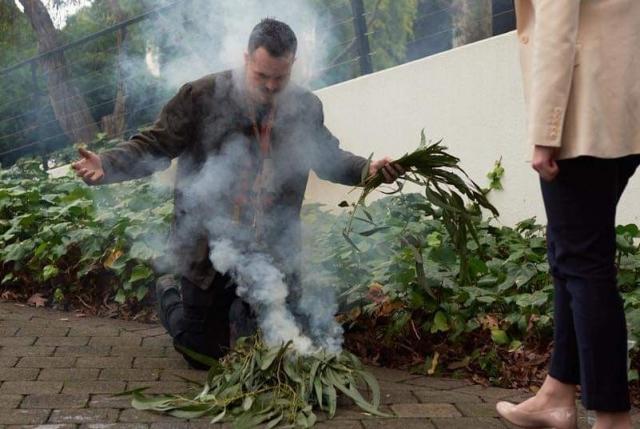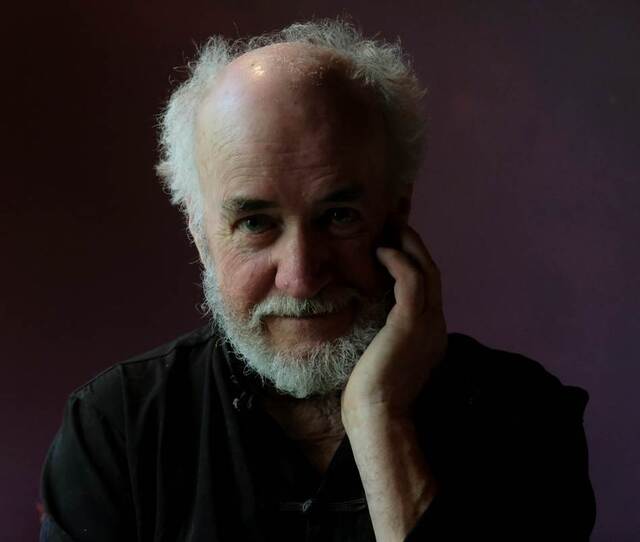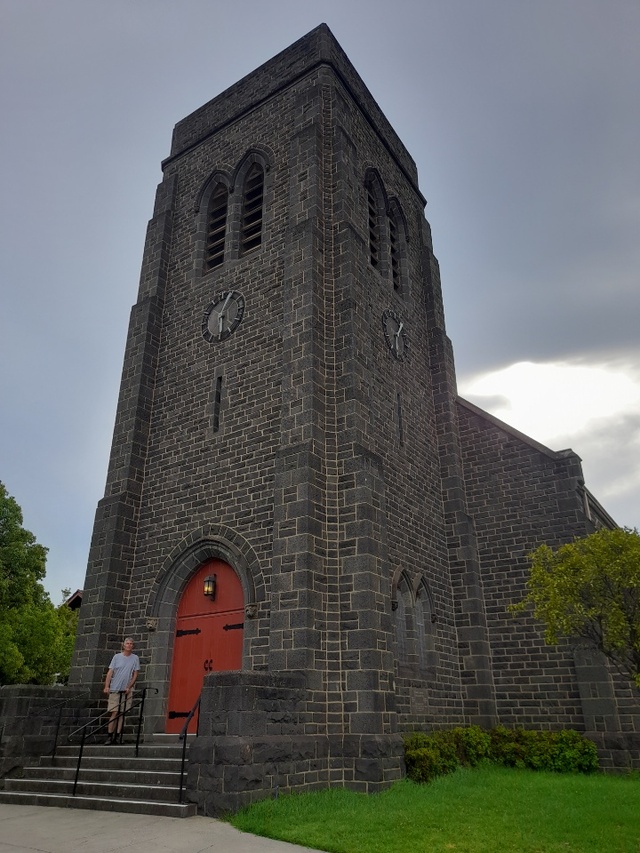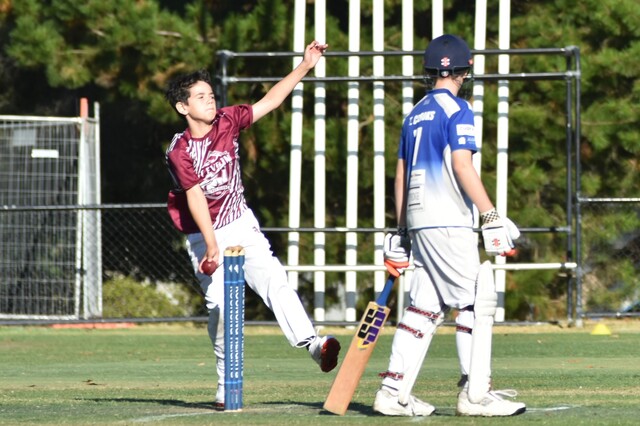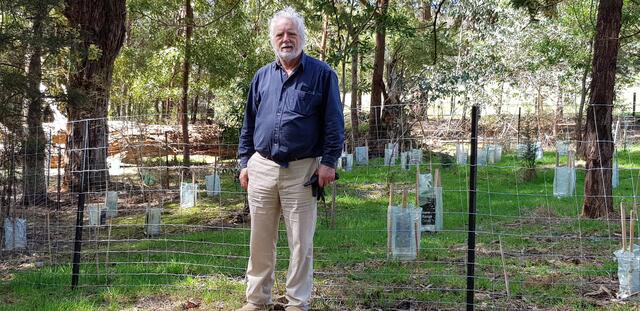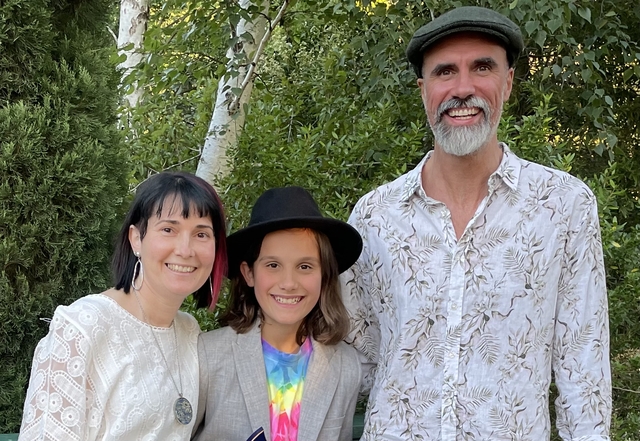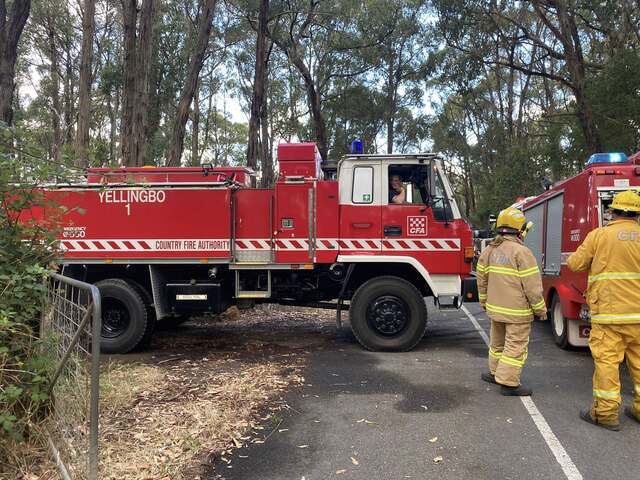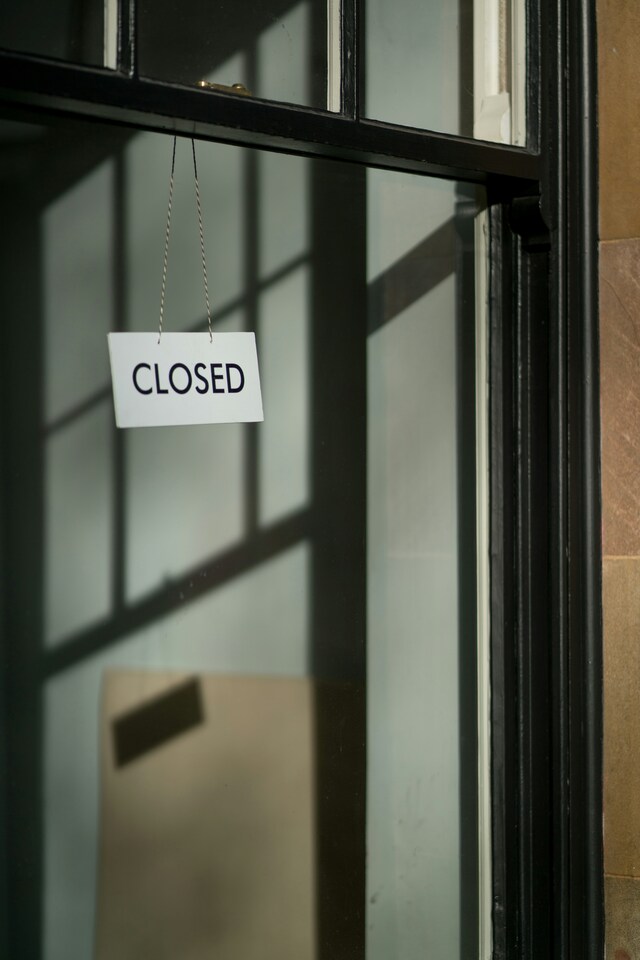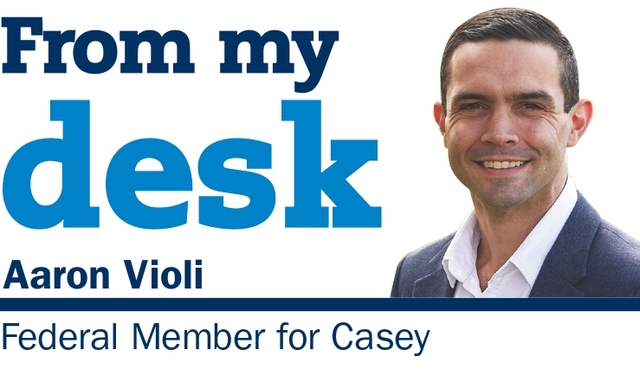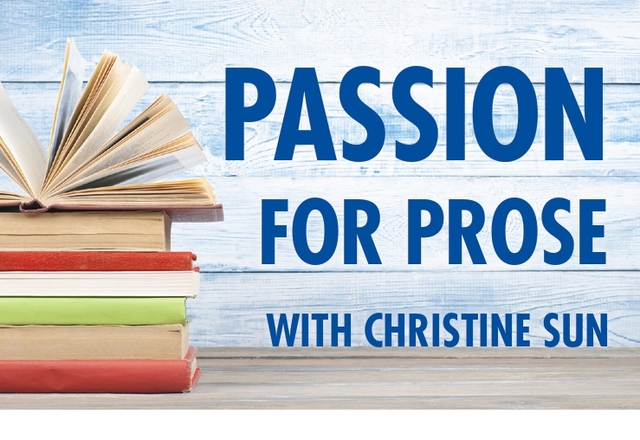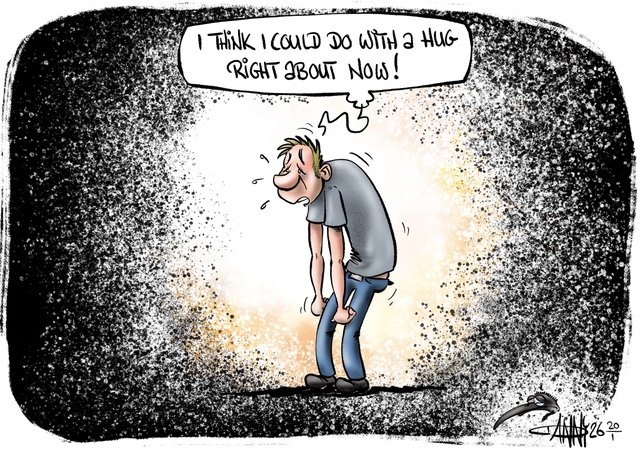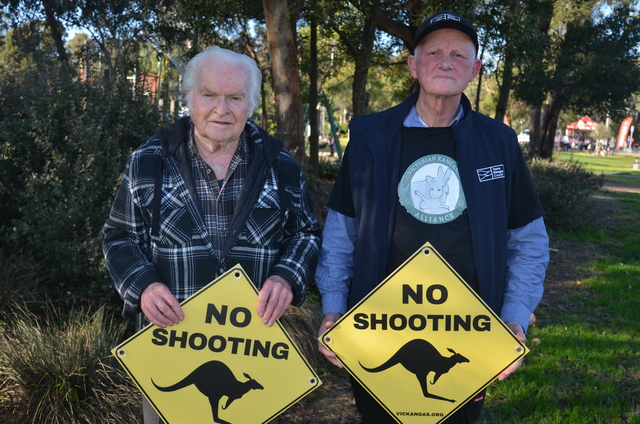Having first backed legislation to start treaty negotiations in 2022, the Victorian Coalition has withdrawn its support of an Indigenous treaty.
Nationals leader and opposition spokesman for Aboriginal affairs Peter Walsh said the coalition had withdrawn its support in an interview with Sky News on Sunday 21 January, claiming concerns regarding cultural heritage laws as their reasoning.
“We have major concerns, particularly around how cultural heritage is working or not working in Victoria and we want to see those issues resolved before we move on to the next lot of discussions”, Mr Walsh said.
On ABC Radio on Monday, Mr Walsh said claims by the First Peoples Assembly of Victoria that they were blindsided by the decision showed “they were not listening or paying attention”.
“Lots of people would say how can you have a treaty with yourself? Because we are all Australians,” he said.
The Treaty Authority and Other Treaty Elements Bill 2022 passed parliament in June 2022 with an eye to setting a roadmap for treaty negotiations and was supported by the Coalition at the time. Mr Walsh claimed that the party had informed Indigenous elders and members of the First People’s Assembly of the decision, which the party made in spring 2023
Healesville Indigenous educator Thane Garvey has previously told Star Mail of the importance he believes treaty holds for Indigenous Australians, particularly after the result of The Voice referendum, and said it was disappointing but felt inevitable.
“I think it was pretty obvious what their stance was going to be on indigenous issues and it’s always been that way, so it didn’t really surprise me that they withdrew,” he said.
“I don’t want this to be about politics, but at the end of the day, this has been politicized, when it should be about giving back to people, about fairness, about dispossession, about sovereignty,”
“Even if you go back to as early as the Batman treaty, one of the first treaties done here in Victoria, it was all about manipulation.”
The Batman treaty was a treaty claimed to have been signed by Wurundjeri elders, brought to them by John Batman, for the 600,000 acres of land in Port Phillip Bay in 1827, then part of New South Wales. It was the first and only documented time Europeans negotiated directly with Indigenous people about their presence and occupation of the land.
Batman paid 40 pairs of blankets, 42 tomahawks, 130 knives, 62 pairs of scissors, 40 looking glasses, 250 handkerchiefs, 18 shirts, 4 flannel jackets, 4 suits of clothes and 150 pounds of flour for the land.
Batman’s Treaty was later declared void in 1935 by the Governor of New South Wales, Richard Bourke, as he had bought the lands for the ‘Port Phillip Association’, rather than the Crown, and because British colonists at the time believed Indigenous people had no claim to the land.
Opposition Leader John Pesutto said the coalition’s decision was based on discomfort with the possible divisive nature of the treaty, including suggestions there could be separate justice and child protection systems for First Peoples.
He blamed an “element of secrecy” and said the news shouldn’t have come as a shock following numerous discussions around those topics.
“I’m championing a focus on real-life outcomes, making sure Indigenous Victorians can get an education, the support they need and the life opportunities they deserve as opposed to one that will focus on a treaty,” Mr Pesutto said.
Negotiations on treaty began early this year between the state government and elected representatives of Indigenous Victorians.
Rueben Berg, co-chair of the First Peoples Assembly of Victoria, described the opposition’s withdrawal of support as “disappointing, but not surprising” but said there was still a path towards treaty.
“It would be more useful to have bipartisan support so that our issues don’t just become political footballs,” he told reporters on Monday.
“But we are intent on continuing to progress treaty outcomes, regardless of this bipartisan support.”
The approach to treaty has differed throughout the states and territories;
The Queensland Coalition also pulled their support for treaty following The Voice referendum last year, with the Queensland Government replying that the treaty would need bipartisan support in the state to go forward.
New South Wales was set to begin a year-long consultation process this month, but progress and discussion have slowed following the referendum result.
The Northern Territory has a Treaty unit, South Australia has committed to establishing a state-based voice in parliament, which the Australian Capital Territory already has.
Tasmania is committed to progressing truth-telling, while Western Australia currently has no formal treaty plans.
Mr Garvey said real solidarity is what they need going forward.
“Out of the big parties, I think the Greens are the only ones that have really stuck by us, no matter what, as well as some of the smaller parties as well, but we can’t really do this without the support of politicians at some point,” he said.
“This country is run by an elected government at the end of the day, that’s how things work,”
“There is a way back for the Coalition, and I can only imagine that the next people that come through to sit at the table for the coalition will probably have different views. Whether they choose that pathway or not is another thing, I can only hope and I would like to be optimistic.”

